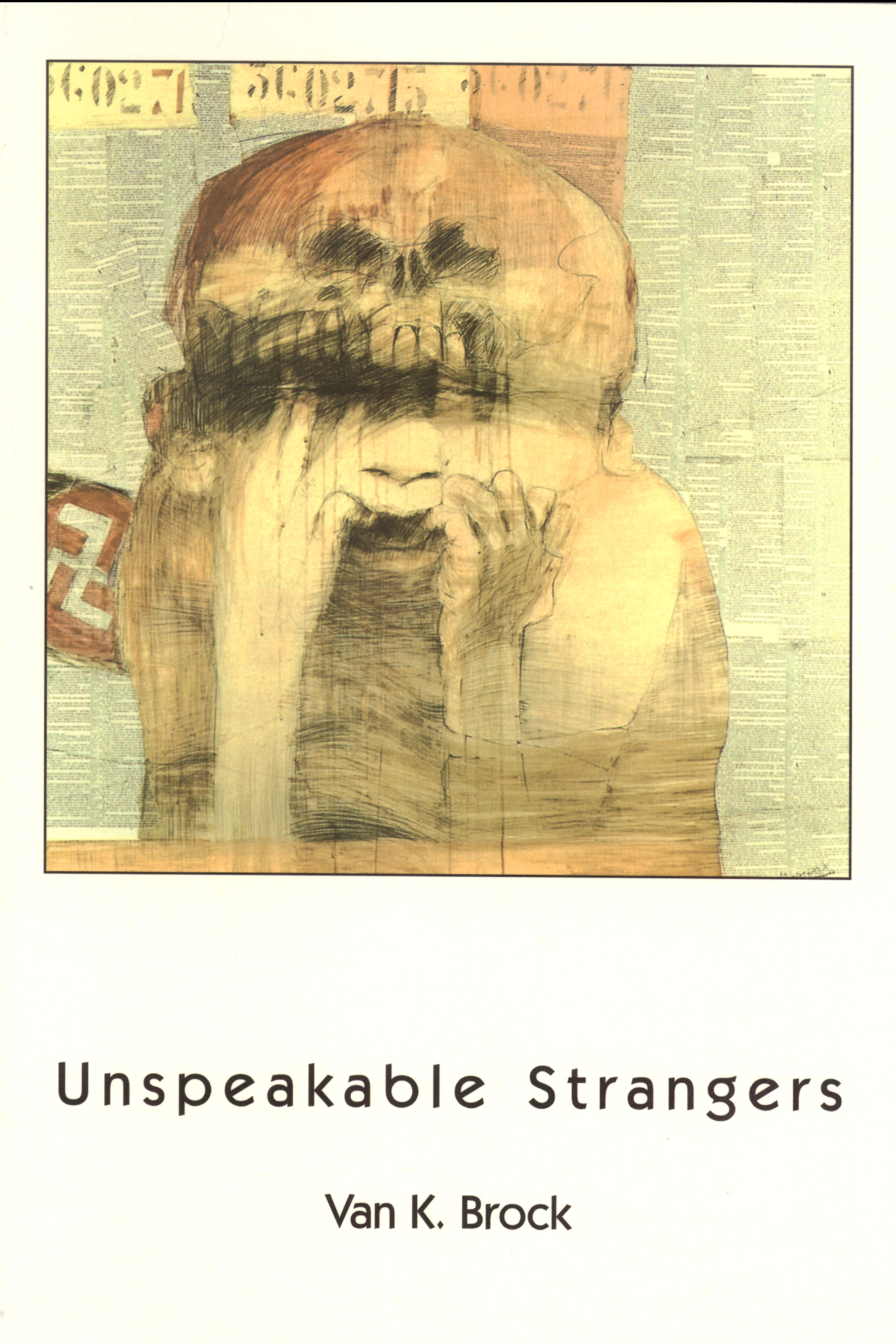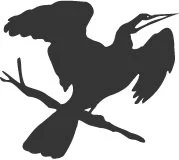
Unspeakable Strangers: Descents into the Dark Self, Ascent into the Light by Van K. Brock
These are very bold and powerful poems about [of course] practically the most difficult theme in the world. I read them with increasing admiration for both [the] mastery of imagery and control. Never once [do they] slip into the sentimental and that in itself is an achievement. But mainly I am impressed by the pervasive music, the requiem sound. -- William Styron
The Hindenburg
This early showpiece of the Thousand Year Reich used 850,000 skins of cattle for hydrogen bags.
It is said that the night it burned
the thunder of panicking hooves
drowned the screams of passengers.
As far away as the buttes of Asia,
one old Siberian woman says that merely
the echo of their lowing still stirs
immense winds and whirlwinds.
All the small meadows of Europe
remember their grazing. Cattle cars
and railway platforms shudder still
at their foreshadowings.
Untold cobblers
recall the million seams glued and stitched
on screaming machines before their pockets
held enough hydrogen to kindle a conflagration.
The war on nature begun,
eventually, every country in Europe
and many in Africa and Asia were gutted:
in bombings, in battle, at sea, and in the fires,
filth, and hunger of virulent slave pens:
the outward rendering of ageless accumulations
sucked up from the cities and villages of earth,
and the ruins run in and out of us all,
stretching before and behind
for far more than a Thousand Years.
The Survivor
for Viktor Frankl and Martin Buber, for the songs
You want me to make a speech?
Yes, I survived. Some of the best did not.
What's worse: nightmares or their absence?
Sometimes I talk without stopping.
Specters conspire with my life,
threatening me with prophecies:
"Make meaning of sacrifice."
Sacrifice? For what. Each found
something to suffice or nothing to survive for.
One man recited songs he had made out of teeth.
There were two blooms on that bough,
and a woman who went up in smoke
looked out from this hut and said,
"I often talked to that tree."
"And does it reply," I asked.
"Yes, it says, ‘I am here.
I am life. Eternal life.'"
"Ah! Lebensraum," I laughed.
Since no man wanted to hear,
the Chinese poet played
to the gods on his jade flute,
then men inclined an ear.
So do these grim forms
long for men to clasp them,
for played on a flute of bone,
they aren't for the gods alone.
Then later he fell into silence.
There are silences heavier than stone.
None knows to whom they belong
or for or from whom they are kept.

